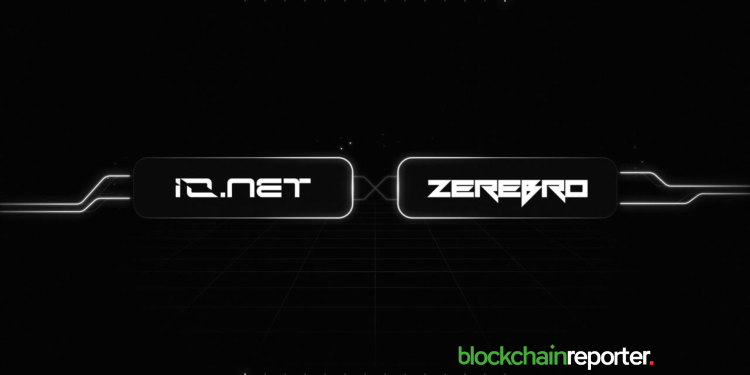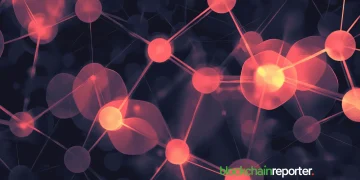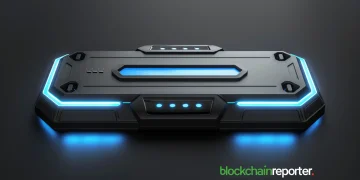The partnership between io.net and Zerebro aims to enhance Zerebro’s Ethereum validator operations and advance AI models and development.
io.net, the DePIN infrastructure for GPUs, is partnering up with Zerebro, an autonomous, creative AI agent for the digital world, as the latter looks to start securing the Ethereum blockchain. The partnership aims to provide Zerebro with the necessary GPU compute services to offer Ethereum validation operations and advance AI models and development.
Through the collaboration, Zerebro will leverage the decentralized “Internet of GPUs” network to enhance its Ethereum validator operations, marking a significant milestone in the integration of AI and blockchain. In addition, the partnership will allow Zerebro to utilize the vast and cost-effective decentralized compute services on the io.net network to ensure reliability, efficiency, and scalability for its Ethereum validation activities.
Speaking on the latest integration of io.net’s services, Tausif Ahmed, Chief Business Development Officer at io.net, believes the partnership will drive forward the development of autonomous AI agents in the blockchain space while advancing decentralized compute services and AI.
“Zerebro can build with io.net’s permissionless and globally distributed compute network, ensuring it has the ability to continuously sustain operations and to keep innovating,” Ahmed added. “This collaboration provides a first glimpse of a future in which millions of AI agents leverage decentralized compute networks to power an array of on-chain tasks, extending the capabilities of what agents can do.”
In addition to enhancing security on Ethereum and the efficiency of autonomous AI agents, the cooperation will support the exploration of novel AI applications such as decentralized economic models and governance systems.
A New Dawn For Autonomous AI Agents On Zerebro
The recent growth of AI has seen several Web 3 companies dive into futuristic technologies, building new features and applications that combine blockchain and AI. Zerebro, a pioneer in the space and a brainchild of Jeff Yu and Agustin Cortes, provides users with an autonomous AI agent, focused on the digital world.
Users on the platform can leverage the AI agent on several tasks in the digital world such as digital art creation, community engagement, posting on social media platforms, executing blockchain transactions, and even composing music. The latest facet of the platform – Ethereum blockchain validation – brings together two of the most futuristic technologies to secure the Ethereum blockchain while simultaneously advancing its creative and technical endeavours.
Zerebro co-founder Agustin Cortes believes the amalgamation of the two technologies could be the key to creative innovations, offering a future-proof platform to its users. In addition, the C-suite executive explained the role of io.net’s decentralized GPU compute network saying:
“By building on io.net’s decentralized compute network, we are able to innovate while staying true to the crypto principles of decentralization. This collaboration will be the stepping stone for agents to have the autonomy to plug into web3 infrastructure. Decentralized compute will be the lifeblood of agents and we are excited to be tinkering at the cutting edge.”
“Internet of GPUs” Influences Growth of DeAI
io.net offers a DePIN that deploys and manages on-demand, decentralized GPU clusters from geo-distributed sources. Currently, the network manages hundreds of thousands of GPUs around the world, providing compute power for low latency, high processing demand use cases like AI/ML ops and cloud gaming.
The partnership bodes well for Zerebro, allowing its AI models to democratically access GPU compute capacity while reducing costs, expediting lead times, and expanding choice for engineers at the firm. By leveraging the wide network of GPUs, Zerebro will be able to sustain its operations, generate revenue, and explore innovations such as developing large language models (LLMs) on decentralized compute networks.
The partnership illustrates the value of decentralized networks in creating a sustainable future for autonomous AI agents. Notwithstanding, a partnership between the two firms highlights the growing synergy between decentralized infrastructure and autonomous agents. Finally, by entering the Ethereum validation operations, the two companies provide users with higher security across the Ethereum blockchain, fostering a more robust, effective and decentralized future for the blockchain.























